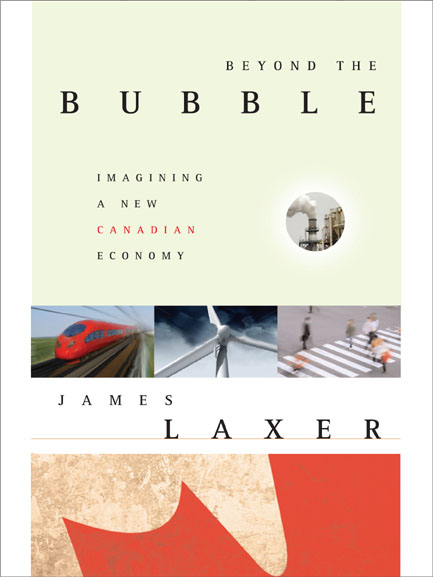Plato’s Revenge: Politics in the Age of Ecology
If Herman Daly is the economist for sustainable development, Amory Lovins the physicist and Al Gore the politician, William Ophuls must be the philosopher. Ophuls’ first book on the subject, Ecology and the Politics of Scarcity (1997), placed him among the few scholars of the time (Rifkin and Daly in the United States; Leiss and Paehlke in Canada) who had managed to bridge the gulf between science and politics to insist that modern values and the democratic politics associated with them were on a collision course with ecology. Continue reading Plato’s Revenge: Politics in the Age of Ecology






